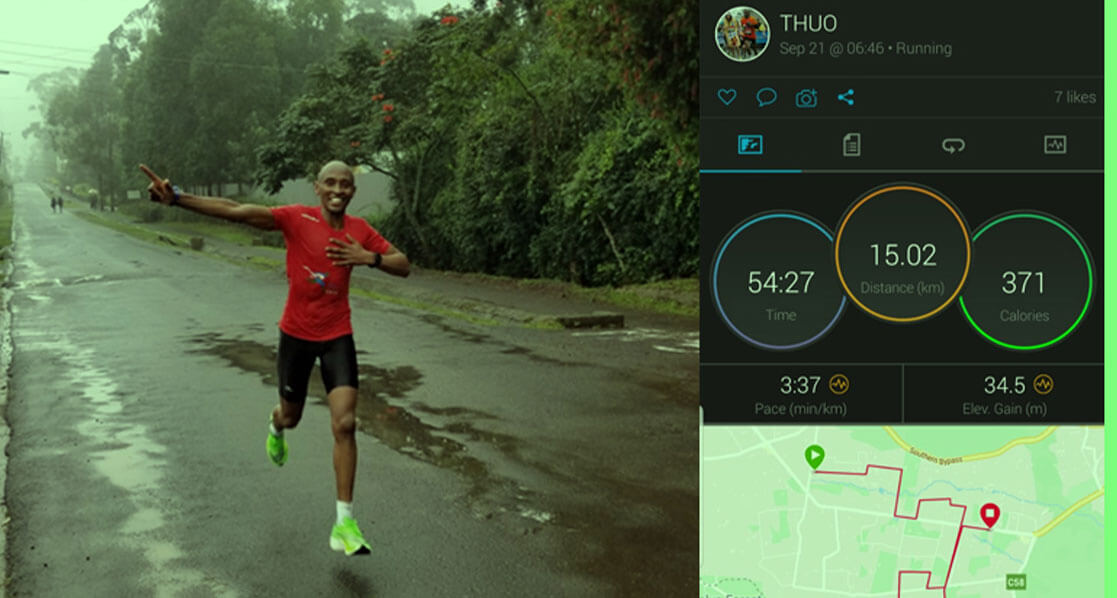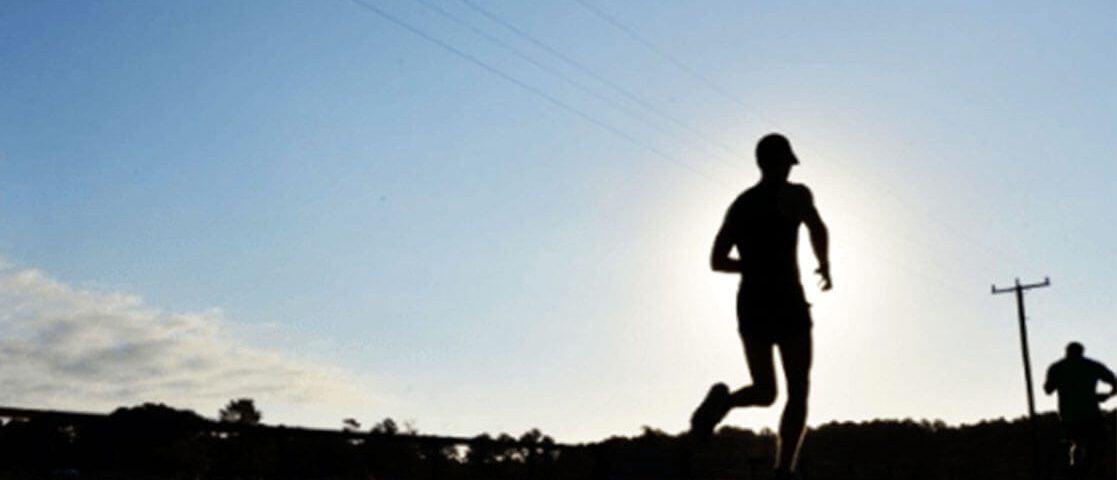


Kilimanjaro and Tokyo Marathon Training Tip 2
January 30, 2020


Berlin Marathon Gait Analysis
February 6, 2020

Kilimanjaro and Tokyo Marathon Training Tip 3
How to recover after a long run
Recovery is an important part of your training, to be able to consistently train, you must be able to recover from each run in time for the next.
The following happens during long runs and to recover, the body must be able to reverse these namely
- Fuel stores (glycogen) become depleted. The body runs out of fuel after a run. This can be delayed by taking on carbohydrates during the race. These can come from a variety of sources, notably energy gels.
- Build up of lactic acid. This is a by-product of burning fuel anaerobically (or without oxygen). Lactic acid is thought to prevent muscle enzymes from helping to convert glycogen into energy and inhibit the nerve signals to the muscles themselves.
- Damage may occur to muscle, bone, tendon or even cartilage. Overuse running injuries may result or more commonly DOMS (Delayed Onset of Muscle Soreness).
- Dehydration. If the body gets dehydrated, the blood volume is also reduced, which means that less oxygen is able to get to the muscles. Even a small decrease in the body’s fluid levels can result in a large decrease in running performance.
Recovery
- Warming-down after a run. This helps circulate the blood and remove waste products such as lactic acid and provide more oxygen to help the recovery process.
- Stretch-static stretches focusing on muscle groups like the hamstrings, piriformis, hip flexors, and low back can vastly reduce post-run fatigue and improve flexibility,
- Refuel and rehydrate-Your first post-run order of business should be to refuel and rehydrate. Sports drinks, protein smoothies, or chocolate milk are all quick, convenient choices to replenish your body’s depleted glycogen levels, electrolytes, sodium, and fluids,Avoid alcohol, especially if you are in a dehydrated state. If you are suffering any overuse injuries then allow them to heal before returning to hard training
- Ice bath after exercise. The cold temperature helps reduce any tiny inflammatory responses in the muscle.
- Try some non-weight bearing exercise such as cycling or swimming or recovery runs.
- A post race massage will help remove waste products, muscle spasm and circulate blood.
- Rest and sleep well-The best recovery happens during sleep hours
Proteins for post race recovery
- Protein repairs exercise-induced muscle damage, reduces the response from the stress hormone cortisol and even helps speed glycogen replacement, the goal of taking in carbohydrates, says Jackie Dikos, a registered dietitian and competitive runner who competed in the 2008 U. S. Olympic marathon trials.
- Most dairy and meat products have high levels of protein. An egg has about seven grams. A small chicken breast has about 25 grams. There are also many drinks, mixes and bars chock full of protein. Odwalla’s Protein Monster drinks have 33 grams of soy protein per serving, while Pure Sport Recovery Drink has 18 grams per serving.
- Dorfman recommends consuming between 10 to 20 grams of protein post-workout, but warns against overdoing it.




